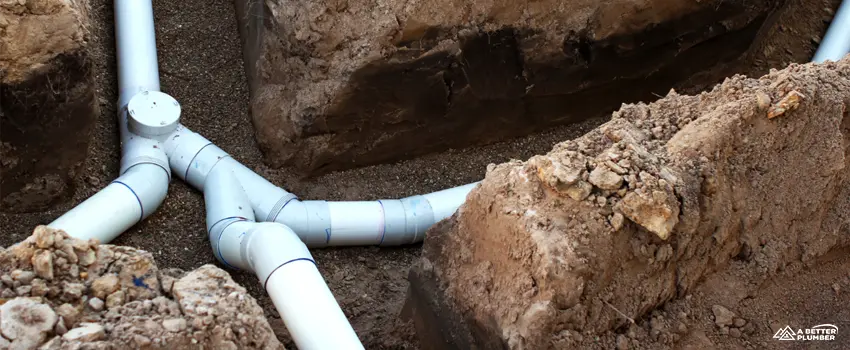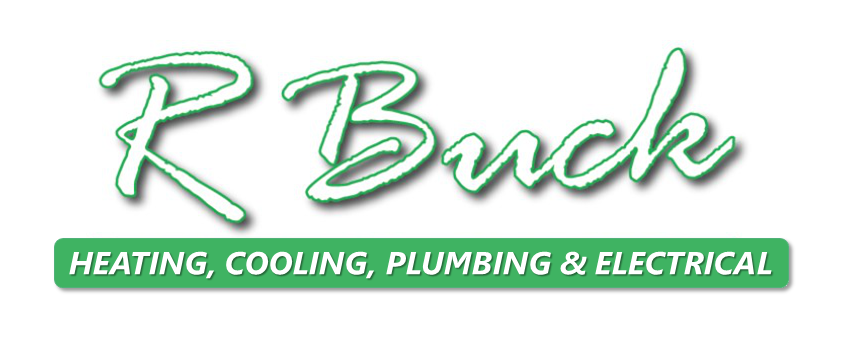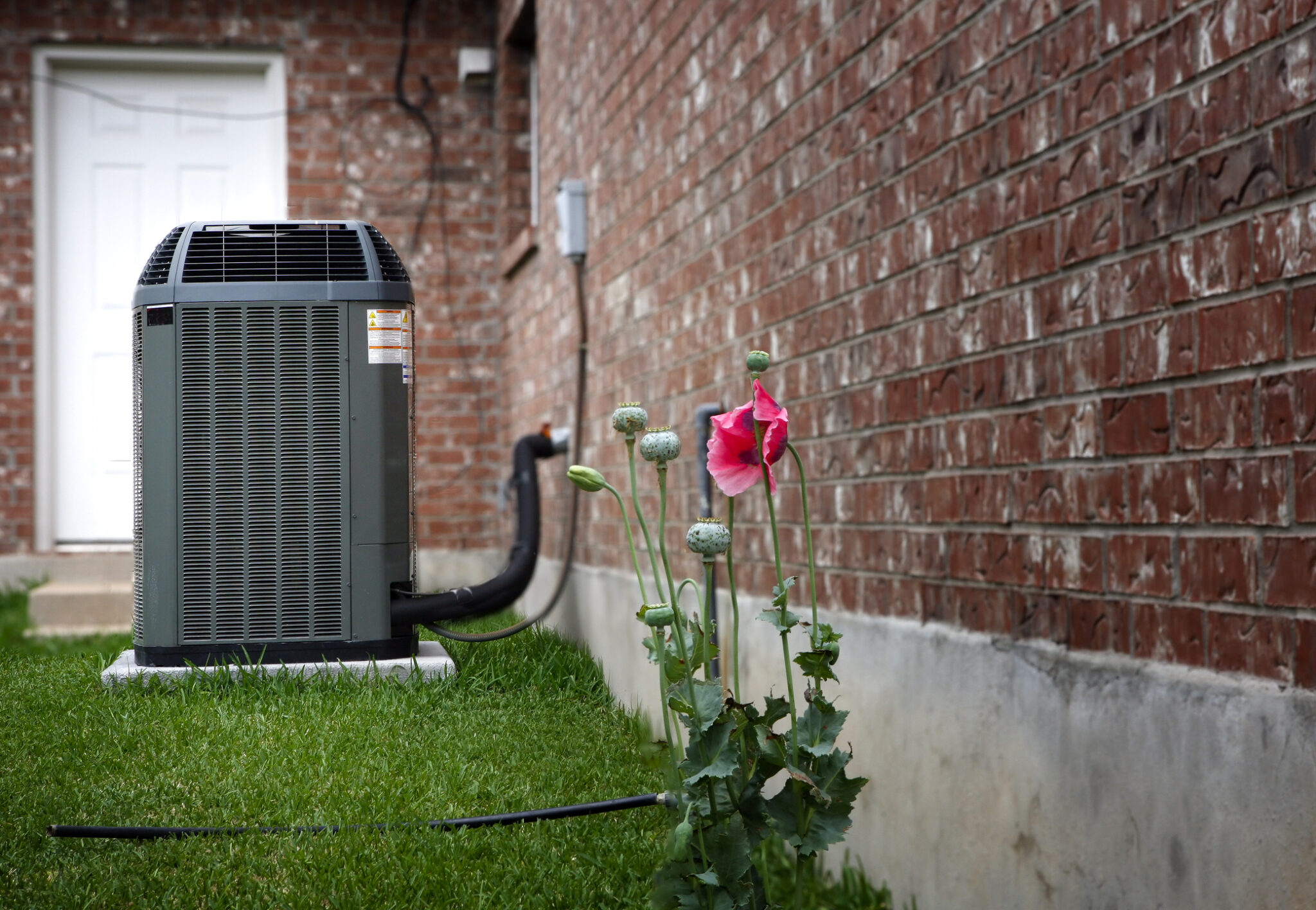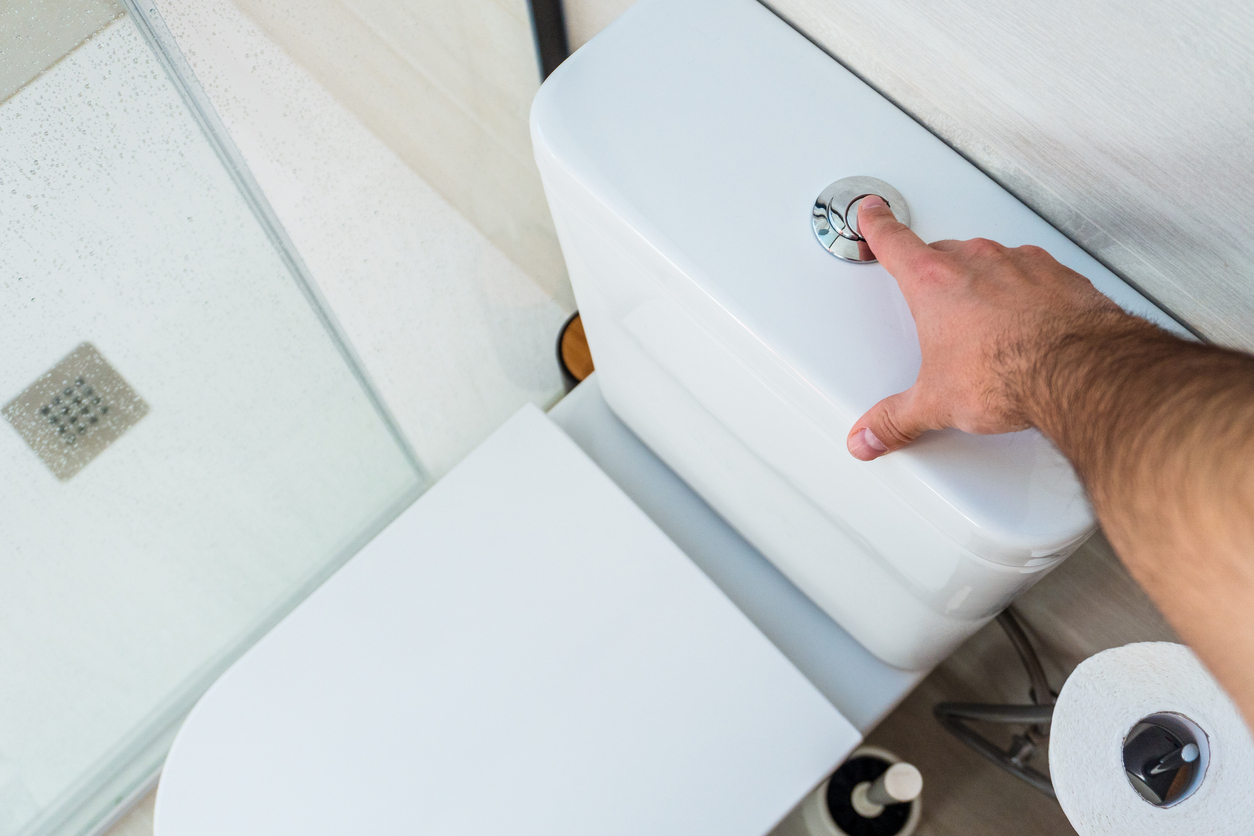What You Need To Know About Excavation Work

Excavation involves the movement of earth, rock, or other materials using specialized tools or equipment. Plumbing excavation usually involves removing soil and other materials to gain access to pipes or other mechanisms that need plumbing work.
Plumbing excavation may include the use of mechanized equipment like mini excavator machines or manually operated digging tools. Manual excavation work can be challenging; however, it is often the preferred method since it is considered safer and less prone to mishaps, such as breaking drain pipes.
Contacting a professional plumbing company is usually the best move if your plumbing requires excavating. Personnel employed by plumbing companies have the necessary experience and equipment to ensure safe and efficient excavation.
By engaging the services of a professional plumber to conduct the excavation process, you can minimize the disruption to your property, reduce the risk of accidents, and ensure the longevity of your plumbing system.
Importance of Excavation Process
The excavation process is an integral part of plumbing maintenance and repair. Drain pipes can become damaged over time due to tree roots, shifting soil, or general wear and tear. Damaged drains are an issue that needs to be addressed before they become a more severe problem. Excavation allows plumbers access to the pipes, assess the damage, and make the necessary repairs.
Preparation for Excavation Process
1. Inspection of Drain Pipes
The first step in an excavation is to inspect the drain pipes to assess the extent of damage and determine the best course of action. The main advantage of drain cameras is that they enable plumbers to inspect the pipes without digging to gain access.
The components of a drain camera will normally include the following:
- Stainless steel camera head
- Camera monitor
- Push cable
- Meter distance counter
- Self leveling camera lens
2. Getting the Necessary Permits
Before starting excavation work, plumbing companies must obtain the necessary permits from the local authorities. This ensures that the work is done safely and within the guidelines set by the local government.
3. Site Preparation
After obtaining the necessary permits, the plumbing company will prepare the site for excavation. The preparation involves clearing the area of any obstacles, marking the boundaries of the excavation area, and identifying any underground utility lines to avoid damaging them during the process.
Excavation Process
1. Types of Excavation Methods
Now that the preparation phase is complete, it’s time to excavate. Plumbing companies may use several types of excavation methods, depending on the size and complexity of the job. Here are some of the most common methods used:
- Open trenching is the most common form of excavation and it involves digging the trench using manual labor or heavy machinery like excavators. The soil is then removed and stored in a safe location for later use.
- Horizontal drilling is one of the most complex professional services offered by plumber. Horizontal drilling is a trenchless excavation primarily used for installing pipelines. Horizontal drilling requires the use of a directional drilling machine to drill along a predetermined bore path and then back reaming so the new drain pipe can be pulled through the hole.
- Hydro excavation involves using high-pressure water to loosen and remove soil, creating a trench. Excavators will typically use this method when excavating areas with sensitive underground utilities.
2. Digging and Removing Soil
The next step in the excavation process is digging. Plumbing companies will use various digging equipment, such as backhoes or excavators, to dig trenches and access the drain pipes.
3. Shoring the Trench
An essential part of any deep excavation is shoring the drill site to prevent the trench from collapsing. Shoring involves installing a structure to support the sides of the trench, allowing the plumbers to work safely and efficiently.
Repair and Replacement of Drain Pipes
1. Assessment of Drain Pipe Condition
Once the drain pipes are exposed, the plumbing company will assess the extent of the damage. In some cases, repairs can be made to the existing pipes, while in other cases, replacement may be necessary.
2. Repairing or Replacing Damaged Pipes
If repairs need to be made to the existing pipes, the plumbing company will do this. If replacement is necessary, new pipes will be installed and connected to the current plumbing system.
3. Backfilling the Trench
Backfilling is the process of filling the trench with the previously removed soil. The soil is carefully placed and compacted in layers to ensure no voids or gaps. Once filled, the plumbers will compress the earth in the trench to prevent future settling.
Post-Excavation Process
After the excavation process is completed, the plumbers will conduct a final inspection to ensure that everything is in order. They will check for leaks, cracks, or any other damage to the pipes or surrounding area.
Conclusion
The excavation process is an integral aspect of plumbing that must not be overlooked. When you’re having trouble with your underground plumbing pipes, you will need a professional plumber who can get the job done properly. Usually, the process involves initial inspection of the drain pipes, securing the necessary permits, preparation of the excavation site, the actual digging and replacements/repairs, backfilling the trench, and a final inspection.
If you have a plumbing project that requires excavation, hiring a professional plumbing company with the necessary skills and experience to handle such a complex process is crucial.
Call us today for your excavation and drain pipe repair needs!
If you have a plumbing job that requires excavation work, it’s time to contact the experienced team at Absolute Electrical Heating and Air, one of the most reliable plumbing companies in Colorado! With our expertise and state-of-the-art equipment, we guarantee safe and effective excavation services that will leave your plumbing system in excellent condition. Don’t wait until it’s too late; contact Absolute Electrical Heating and Air today!
CONTACT US
Request Service


Save Every Year with an Absolute Advantage Membership
Expert Annual System Safety Inspections & More
- Priority service
- Waived dispatch fees
- Yearly furnace, A/C, & electrical system inspections
- 10% discount on repairs and additional diagnostic services
- Up to $500 off HVAC & electrical panel replacements







